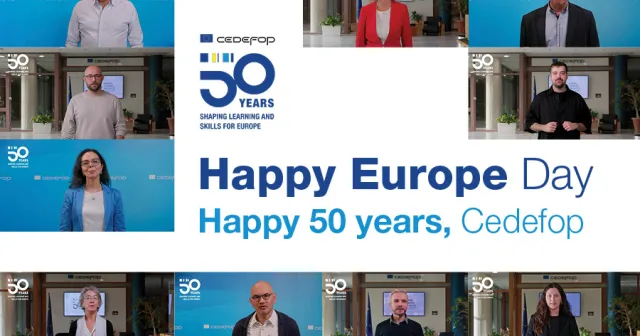What do we know of people over 50 attending MOOCs?
If you are interested in knowing more about adults attending MOOCs, you will discover that there is still little research on this specific group, representing a minority of the users. New insights are now available which have emerged from a study I published in a book edited by Springer that includes researches presented at the 7th International Workshop on Learning Technology for Education Challenges, (LTEC 2018), titled: What Learning Professionals Should Know.
The empirical study, titled “Adults’ Perception of MOOCs as Part of a Constellation of Cultural Experiences“ used grounded theory methodology to investigate adults’ accounts of their interest in and use of MOOC. Seventy-two Italian respondents were interviewed, all of them aged over 50. The study findings illustrate how the participants’ use of MOOC and other learning technologies is seen as relevant and offers meaningful and age appropriate experiences.
It was found that the participants shared a common eagerness to use MOOC, but only as one of several means of enhancing their cultural and professional experience. They recognised the growing importance of using the Internet, through computers, tablets, and mobile phones, and a variety of formal, non-formal and informal e-learning technologies as alternatives to more traditional leisure and cultural activities. Their awareness of their competence in using technology for learning scopes was linked to their cultural interests. They showed little or no interest in interacting with other participants or tutors and were critical about completing multiple-choice quizzes.
What the results suggest about the literature
Participants to the research do not declare difficulties in planning and participation in MOOC, even when they have attended only one MOOC. It must be said that recently new perspectives are emerging on the generations normally considered pre-digital users. Stereotypes still separate those who are believed knowing (digital natives) and those who either are believed not knowing or having difficulties with ICT. Can we consider at least pat of the Baby Boomers, arriving now at the retirement age, as Digital curious? They may belong to a typology who confidently use ICT and social media, and their cultural background may allow them to easily organise their learning path also in e-learning. They were young at the beginning of the ’80, when the first computers started to be sold in US and in Europe. Although they certainly do not represent the majority of the population of the same age, they are still worth being investigated if we are interested in making MOOCs part of lifelong and lifewide learning.
While previous research (Kop and Fournier, 2011; Weller 2011) has put a focus on loneliness, geographical isolation or mobility issues that can favour the use of MOOCs by elderly people, the Italian group of interviewees shows a different situation: all the participants took part in MOOCs because they have very active professional, cultural and social lives; the MOOC was only one part of a net of activities.
Another aspect not confirmed by the Italian research is the focus put in the past (Githens 2007) on e-learning programs for older adults as programs for personal growth and social change, workforce development, and workplace learning. In fact none of the interviewees attended courses aimed at older people. None of them attends a University of the third age, as they are considered lower quality than what they can find online. The interviewees were interested almost exclusively in MOOCs organised by the highest ranking Universities, and not addressed specifically to elderly people.
The interviews show how adults and elderly may interpret and use MOOCs in different ways to which they were built, for example by cherry picking features of cMOOCs to use them as xMOOCs, or not being interested in interacting with tutors or other participants in a co-construction of contents. This can open new perspectives for pedagogies in lifelong and lifewide learning.
If people may be interested in MOOC for reasons other than formal learning, further analysis of this interest could offer hints to instructors and MOOC design teams as well as public and private organisations interested in promoting lifelong and lifewide learning. This might even lead to innovative ways of supporting and guiding new MOOC participants – of any age - who are not interested in obtaining a certificate but can still make good use of a MOOC.
This research shows how, in the views of the adults interviewed, MOOCs, not seen as “ formal online courses”, belong more to lifewide than lifelong aspects of learning. If the alternative for an evening at home is television, a MOOC or a movie, alone or with the family, we could either consider this approach to the MOOC a misinterpretation or we can reflect on a diverse – and relevant - use of a formal educational offer.
In conclusion, adults and elderly may indeed use MOOCs not as online courses but as part of a constellation of cultural experiences, that can be source of information, knowledge and entertainment.





These are interesting